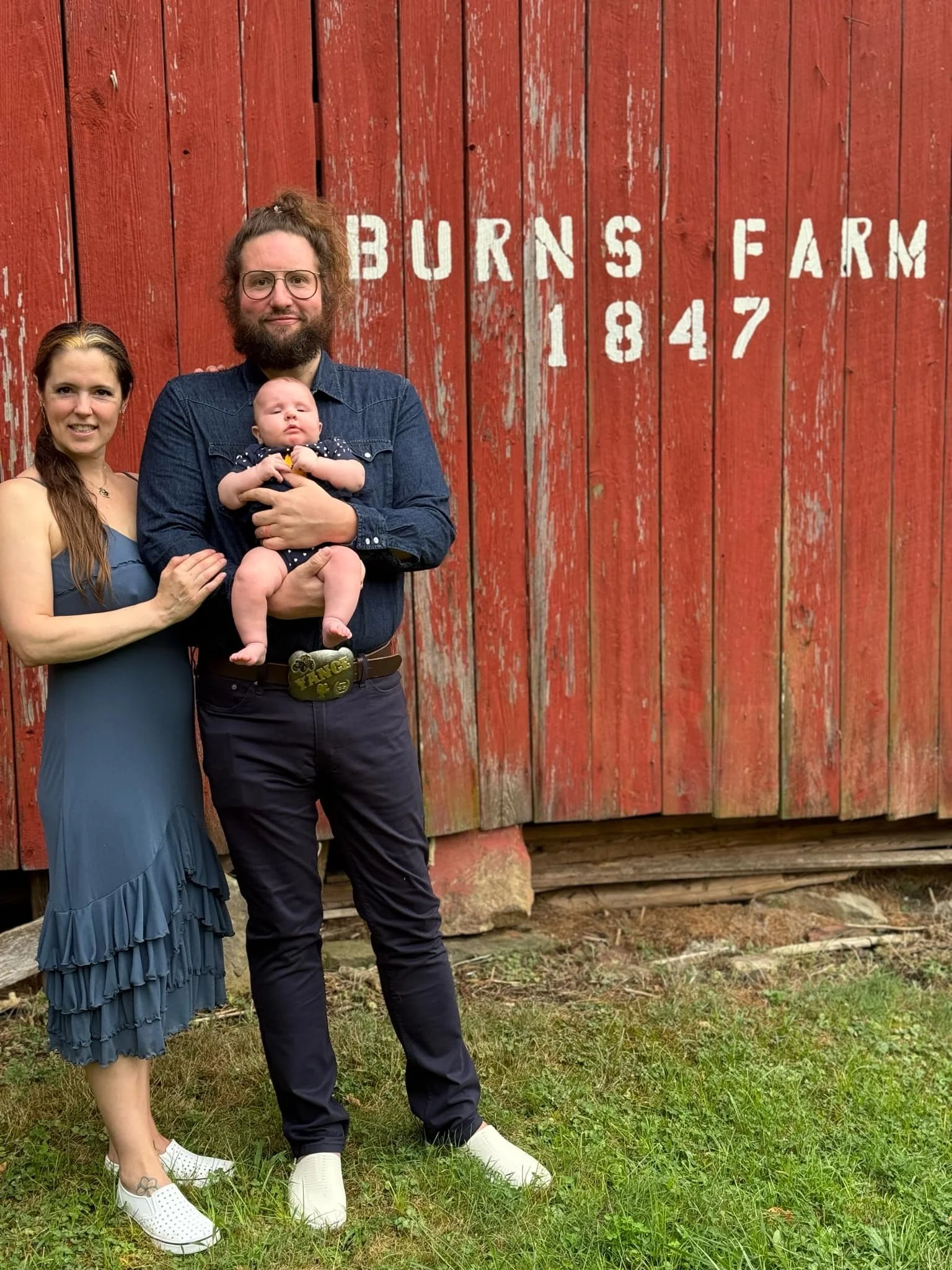Director’s Statement
Nestled on a hill in the formidable Allegheny Mountains, Parkersburg, West Virginia, once a vibrant city of 40,000, now echoes a somber tale of decay. Located five and a half hours west of DC and three hours south of Pittsburgh, this town, prominently featured in the film, Dark Waters, starring Mark Ruffalo, bears the brunt of chemical contamination along the Ohio River. Its once-thriving industrial landscape, dominated by major chemical companies and manufacturing factories, now lies deserted, as international relocations have depleted the population to a mere 28,000.
Once a bustling hub with a prosperous past, Parkersburg is now a fading company town, marked by crumbling infrastructure and a resigned populace. The remnants of a bygone era lingering in abandoned buildings were once proud symbols of a spirited community. The prestigious houses in North Hills stood as beacons of pride during my childhood, but now wear a veneer of neglect. The decline is palpable, reflecting a city grappling with its doubtful future and a history intricately entwined with the DuPont chemical company.
In the midst of this transformation, my childhood neighborhood, a vibrant community of scientists and professionals, now stands as a testament to a time of camaraderie and pride. The once-thriving private swim and racquet club, where families of chemists, engineers, mathematicians, physicists, and doctors communed, now exists as a fading memory in the backdrop of Parkersburg’s evolving narrative.
I hail from Wood County, West Virginia, where my upbringing in a privileged household, courtesy of my father's employment at Dupont, afforded remarkable opportunities. Financial stability facilitated international travel, studies abroad from a young age, and pursuit of higher education through graduate school. Despite this affluence, the absence of female role models hindered my understanding of women in leadership during my formative years.
Only upon relocating to Washington, DC did I encounter inspiring women leaders that sparked the development of my own leader identity. Now, as I delve into my doctoral studies, my researcher aims to unravel the factors influencing women’s leader identity formation in West Virginia. The research is not merely an academic endeavor; it serves as a call to action. I am dedicated to intervening and devising strategies that will empower women in West Virginia, particularly those from disadvantaged backgrounds, to cultivate and assert their leader identity.
As part of this commitment, am actively crafting a women’s leadership program, Run the World - Appalachia, tailored for young girls and women in underprivileged households across West Virginia. My goal is clear: to provide the necessary support and resources that will propel them into leadership roles, ensuring a brighter and more inclusive future for women in the State.
A crucial aspect of my mission is recognizing my adulthood experience in another part of West Virginia, shaped by spending half of my life with my spouse who hails from a markedly different socioeconomic background than depicted above. This community is characterized by modest income and rural surroundings, facing stereotypes and a monolithic perception of the region. The family’s agricultural farm is located in a small community of 40 residents, approximately a 20-minute drive to the nearest town. The neighboring town is made up of 1,019 people with a median income of $18,500. In this setting, where survival is a challenge, the notion of making an impact or assuming leadership roles can seem distant. Consequently, Run the World - Appalachia deliberately supports the identity development of women leaders across various socioeconomic status and counties.
My personal background, experiences, and motivations serve as a transparent acknowledgment of how my upbringing and encounters have shaped myperspective and commitment to fostering women’s leadership in West Virginia.
Empower Young Women
Support Leadership Pursuits
Promote Higher Education

